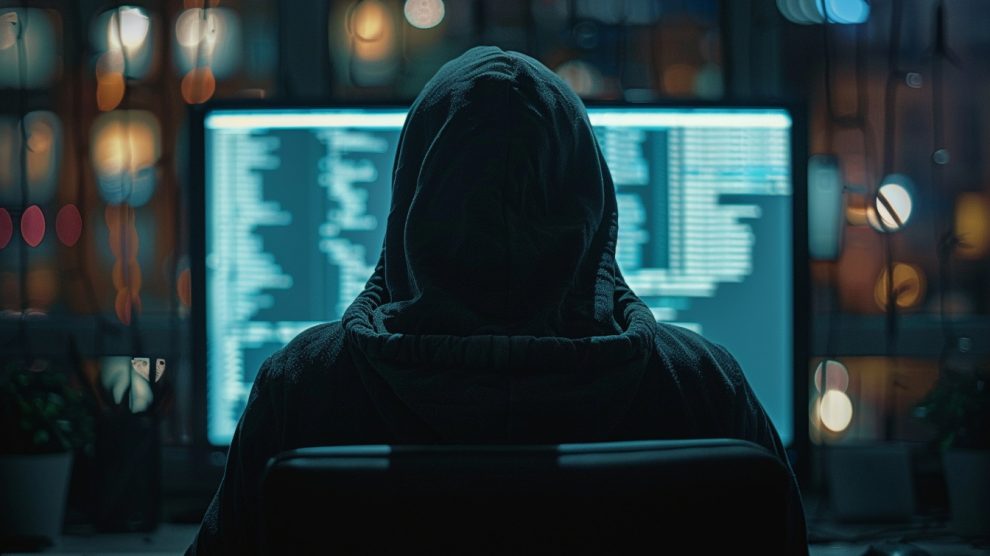In a first… Italy’s parliamentary Intelligence Committee (COPASIR) has voted to reserve the right to declassify the transcript of a classified April hearing with representatives of the Israeli cyber company Paragon amid rising tensions over claims related to spyware use in Italy.
- The move follows a public statement issued by Paragon to Haaretz, in which the company claimed that Italy had declined a proposed technical procedure that would have verified whether its spyware, Graphite, had been used against a prominent journalist.
- That claim contradicts COPASIR’s official report published on 5 June, which stated unequivocally that Francesco Cancellato, editor-in-chief of Fanpage, had not been targeted by Italian intelligence services.
- The report did, however, confirm the surveillance of Mediterranea Saving Humans founders Luca Casarini and Giuseppe Caccia, as well as David Yambio, spokesman for Refugees in Libya.
- In response to Paragon’s claims, COPASIR unanimously decided to make an exception and declassify the transcript of the 9 April closed-door hearing in order “to protect the integrity of the committee’s work.”
It’s a national security matter. On Monday afternoon, intelligence sources in Rome underscored that Paragon’s proposed inspection of Graphite’s system logs was ruled out months ago as the idea was deemed incompatible with national security.
- “It is well known that on 14 February, the agencies and Paragon mutually agreed to suspend the use of the Graphite spyware,” said the sources.
- The proposed log inspection, they added, was considered “invasive, unverifiable in terms of scope, results and methodology, and therefore incompatible with national security requirements.”
- Had a foreign private entity like Paragon been granted access to the platforms, it “would have seriously undermined the reputation of the Italian agencies within the international intelligence community” and risked exposure of highly sensitive material.
Legal angles remain open. Judicial proceedings remain ongoing following the complaint filed by Cancellato.
- At this stage, it is not excluded that magistrates may summon senior Paragon officials who have expressed their willingness to cooperate “should an official request be made.”
- The release of the transcript would mark a rare step in transparency by COPASIR and add further context to Italy’s evolving position on offensive cyber capabilities—and their oversight.





